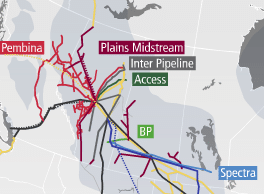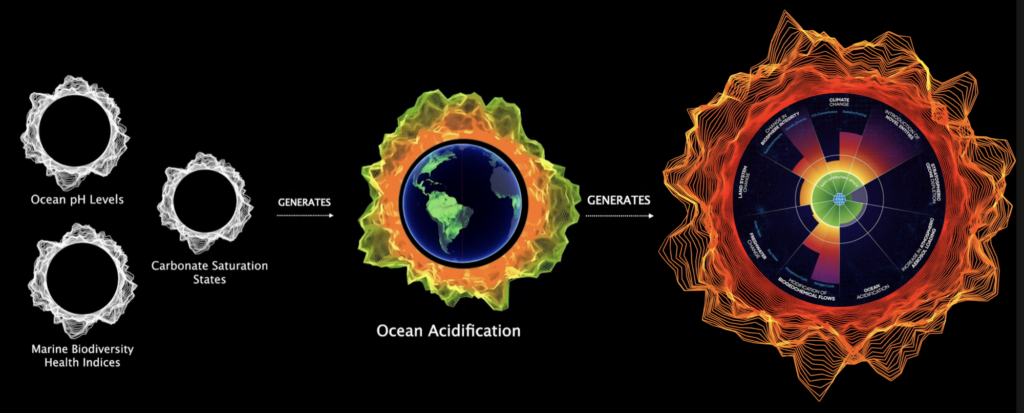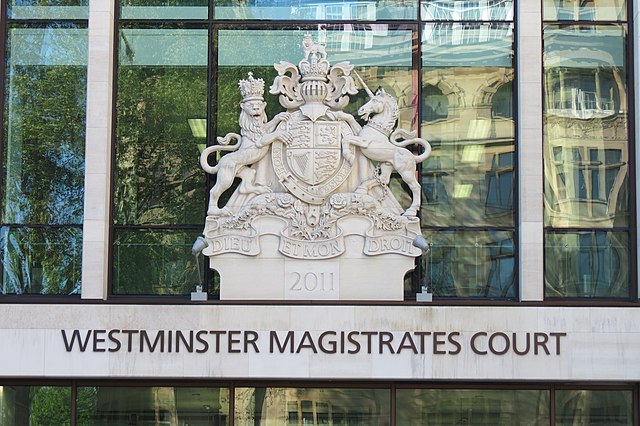After three major spills in Alberta occurred over the span of one month, questions are surfacing regarding the integrity of the province’s aging pipeline infrastructure. Last week, a collective of more than 50 organizations from Alberta called upon Premier Alison Redford to initiate an independent inquiry of pipeline safety.
In an open letter sent to the Premier, representatives from a cross-section of landowners, farmers, environmental organizations, health and labour groups and First Nations asserted that “Albertans deserve assurances that our pipeline infrastructure is safe, and that appropriate regulations and oversight are in place.”
“The recent spate of pipeline spills has been a wake-up call for all Albertans,” Don Bester, president of the Alberta Surface Rights Group said in a press release. “We know that we have a problem with pipeline safety in this province, and we can’t afford to wait another year before starting to look at the solutions or diagnosing the problem.”
The letter comes on the heels of an initiative lead by the Alberta Surface Rights Group, Greenpeace Canada, The Council of Canadians and the Sierra Club (all signatories of the open letter) to make pipeline spills a matter of public knowledge. These groups recently launched an anonymous oil spill tipline, urging individuals to report information on pipeline ruptures or leaks in their area. The information collected will, in turn, be made available to the public.
“We know that the government isn’t looking out for our safety so we are turning to people throughout the province to let the public know what’s really going on,” Bester said. “Hundreds of spills happen every year and still this government does nothing. We had three major spills last month alone. How may more have to happen before the government finally acts?”
In May 3.5 million liters of oil and briny water leaked into muskeg near Rainbow Lake. In early June, nearly 475,000 liters of oil leaked from an unused pipeline into a tributary near Red Deer River which provides drinking water for many central Alberta communities. Less than two weeks later 230,000 liters spilled from a leaky gasket at a pump station near Elk Lake.
But just how these back-to-back spills fit into the larger picture of a province crisscrossed by almost 300,000 kilometers of pipelines carrying oil and gas is difficult to determine. There is currently no database making information about spills, ruptures and leaks available to the public and details about the costs of clean up and the impact of spills on water, local ecosystems and wildlife are similarly scant.
Detailed information about Alberta’s pipeline network or the damages and costs incurred by spills is only available to the public at a cost – a rather high one. According to a recent Edmonton Journal report
“the province does not keep a single list or map of pipeline leaks. Annual reports from the ERCB [Energy Resources Conservation Board] outline the causes of failures but provide no breakdown of costs to clean up leaks or the impacts on water, land or wildlife.At a cost, an individual can find out who owns the pipeline in their backyard, whether it is active, what it carries, how long it is, when it was built and whether it is coated to prevent corrosion. But there is no straightforward process to get all the details of what runs under the ground from Zama City to Cypress County that does not cost thousands of dollars.”
According to the Edmonton Journal, the ERCB – responsible for the province’s pipeline data – boasts a decrease in pipeline failures: 1.5 per thousand kilometers in 2012, down from 2.2 in 2006. A pipeline ‘failure’ defined as anything that damages a pipeline or hinders its flow. The ERCB also reports an improving record on full pipeline ‘ruptures’ – where a line is fractured or torn – which shows a comparative decline: 18 ruptures in 2010, down from 39 in 2008 and 23 in 2007.
But there is more than meets the eye when it comes to these figures, according to environmental historian Sean Kheraj at York University in Toronto, who suggests that data coming from the ERCB is slanted to look more positive than it really is. “One of the problems is the information is conveyed in such a way that I think it obscures the ability for a community to accurately evaluate what the risk is,” he told the Edmonton Journal.
The ERCB, for example, measures pipeline failures against distance. According to Kheraj, however, a much more accurate measure would count failures per year. Alberta’s pipeline failure rate for 2010 when measured by distance seems relatively low: 1.6 failures per 1000 kilometers. However, when divided up for the year the failure rate tells a different story: a spill of some kind every 1.4 days.
Mike Hudema, Greenpeace Canada Climate and Energy campaigner, feels the anonymous tipline could potentially help remedy the problem by making critical information more accessible to the public, thereby increasing the pressure for better government monitoring and maintenance.
“We know the public doesn’t know how many oil spills ravage this province every year or the impact those spills have,” he said. “With this spill tipline, every person can be a watchdog, help protect their communities and be a part of the solution. We hope to get enough oil spill reports that the government won’t have any other choice than to launch an independent review of pipeline safety in the province.”
The hope for such an independent review received strong backing yesterday with the open letter to Premier Redford.
As the letter reads, “Albertans need to know that their families, communities and drinking water are safe from pipeline spills. The time for leadership on the pipeline safety is now, and the first step must be an independent pipeline safety review.” According to the groups’ press release the ERCB failed to meet its targets for high-risk non-compliance incidents in 2011, with 155 pipeline infractions occurring across the province.
The pipeline spill tipline number is 1-855-23-SPILL or 1-855-237-7455. People can also submit reports online at www.cleanalbertawater.com.
Subscribe to our newsletter
Stay up to date with DeSmog news and alerts







